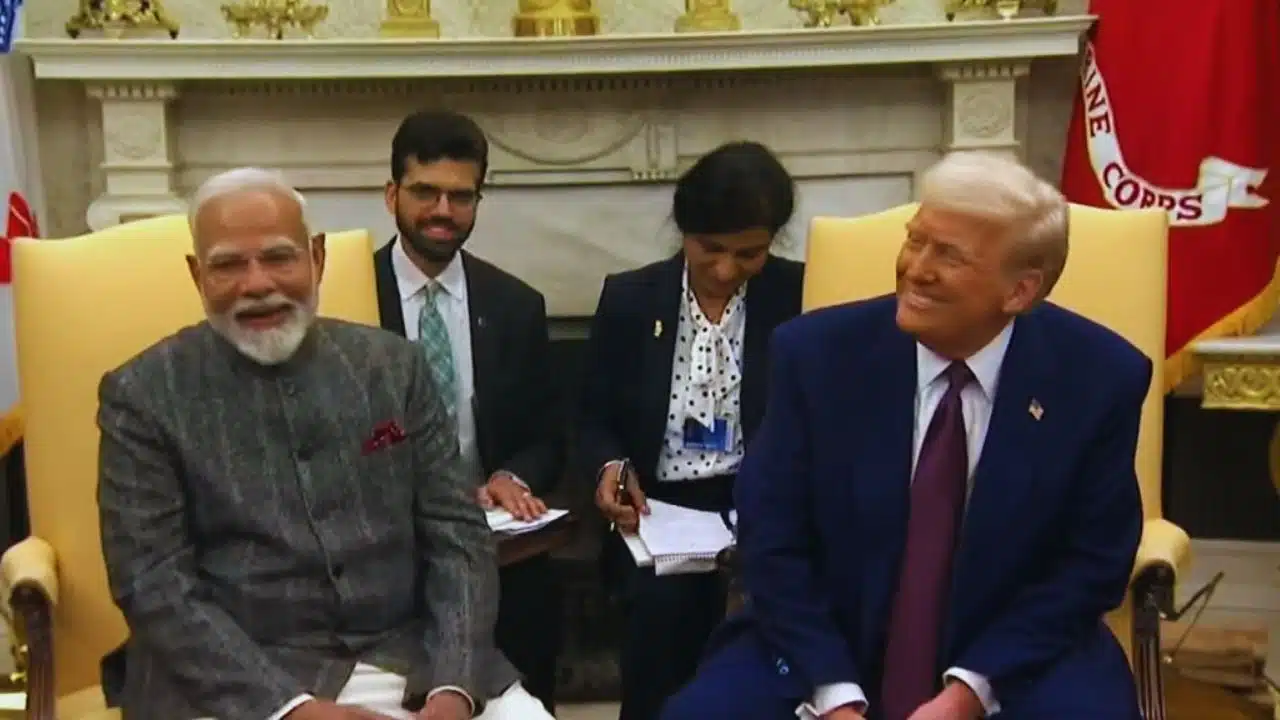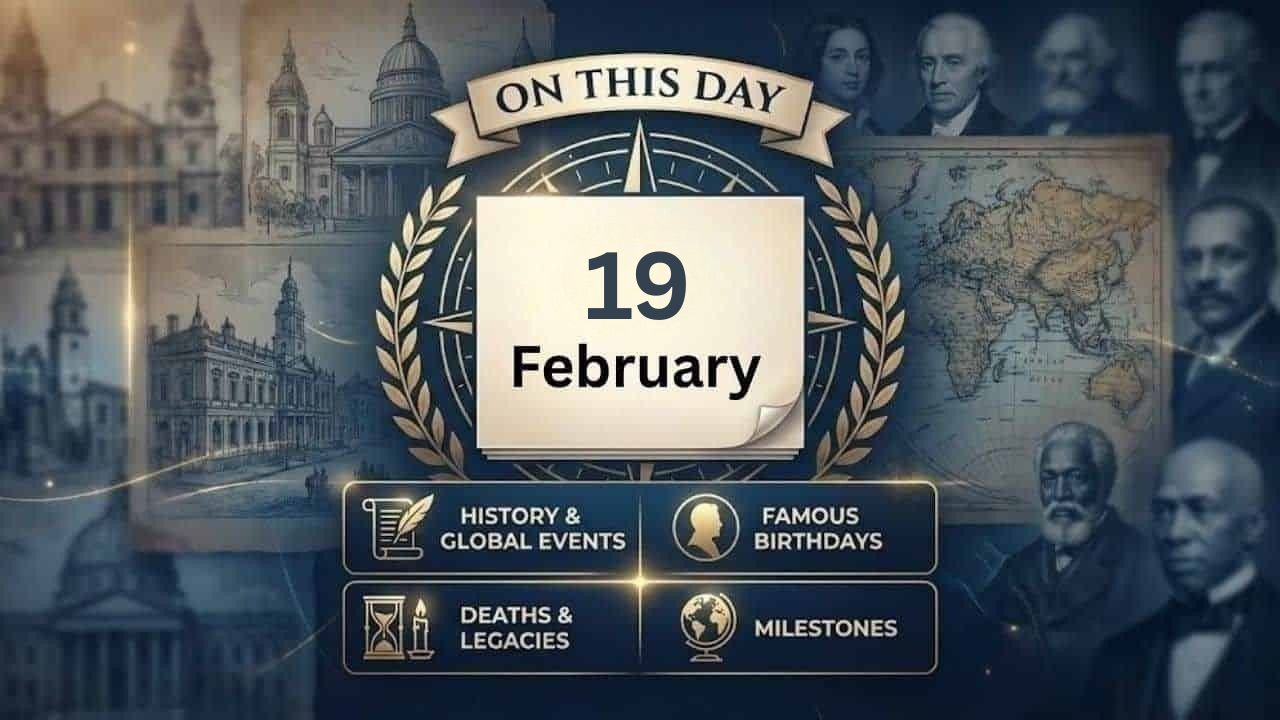Indian Prime Minister Narendra Modi has hailed a “mega partnership” between the United States and India following a high-profile meeting with former US President Donald Trump.
The leaders announced key agreements, including a deal for India to import more US oil and gas to help reduce the trade imbalance between the two nations.
During the two-day visit, Modi and Trump exchanged praise for each other’s leadership. However, Trump raised concerns about India’s high trade tariffs, calling them a “big problem.” He emphasized that all US trading partners, including India, should face reciprocal tariffs, a move aligned with his broader trade policy.
In response, Modi expressed openness to lowering tariffs on US goods, repatriating undocumented Indian nationals, and purchasing advanced military fighter jets from the US.
‘Mega Partnership for Prosperity’
At a joint press conference, Modi cleverly referenced Trump’s well-known slogan “Make America Great Again” (MAGA), coining his own version: “Make India Great Again” (MIGA). He described the strengthening US-India relationship as a “mega partnership for prosperity.”
Trump underscored the importance of energy cooperation, announcing that India would be making significant purchases of US oil and gas. “They need it, and we have it,” he said.
India, which heavily relies on imported oil from multiple countries, sees the energy agreement as a strategic move. Radhika Rao, a senior economist at DBS Bank in Singapore, described the deal as a “low-hanging fruit” that benefits both nations. However, Amitendu Palit, a senior research fellow at the National University of Singapore, warned that US oil and gas might be costlier due to a stronger dollar.
Military Deals and Security Cooperation
The US has also agreed to increase military hardware sales to India, including advanced fighter jets. Trump revealed that Delhi would eventually receive F-35 jets, strengthening its defense capabilities.
Another key topic of discussion was immigration. Trump announced that the US would extradite a suspect linked to the 2008 Mumbai terror attacks, ensuring he faces justice in India. Modi expressed gratitude for the move and committed to repatriating undocumented Indian nationals from the US.
Just last week, the US deported 104 Indian nationals accused of illegal immigration. Reports indicated that they were transported on a military plane, with video footage showing deportees in shackles. A second deportation flight is expected soon.
Trade Tensions and Tariff Disputes
While both leaders emphasized economic cooperation, trade tensions remain. Shortly before his meeting with Modi, Trump directed his advisers to prepare broad new tariffs on US trading partners, warning they could be implemented as early as April 1.
Trump defended his tariff strategy, arguing that it would strengthen American manufacturing and bring jobs back to the US. He criticized the existing trade system, stating, “Our allies are worse than our enemies when it comes to import taxes.”
The White House released a statement highlighting trade disparities. It pointed out that while the US applies an average 5% tariff on agricultural goods for countries with Most Favored Nation (MFN) status, India imposes a 39% tariff. Additionally, the US charges only a 2.4% tariff on Indian motorcycles, whereas India levies a 100% tariff on US motorcycles.
A Balancing Act for India
As India works to navigate its trade relations with the US, experts warn of potential challenges. Palit noted that if India increases its oil and gas imports from the US, it must also manage its own trade deficit. Additionally, the possibility of reciprocal tariffs from the US could impact India’s exports.
Meanwhile, Trump has already imposed a 10% tariff on Chinese imports and is preparing to implement tariffs on Canada and Mexico. Earlier this week, he also removed exemptions from steel and aluminum tariffs, intensifying trade tensions worldwide.
Despite ongoing trade disputes, the US and India have made significant progress in strengthening their economic and strategic ties. Modi’s visit marks a step toward addressing trade imbalances, securing energy deals, and enhancing defense cooperation. However, with Trump’s aggressive trade policies, India must carefully balance its economic interests to avoid potential setbacks.
The Information is Collected from BBc and India Today.



































